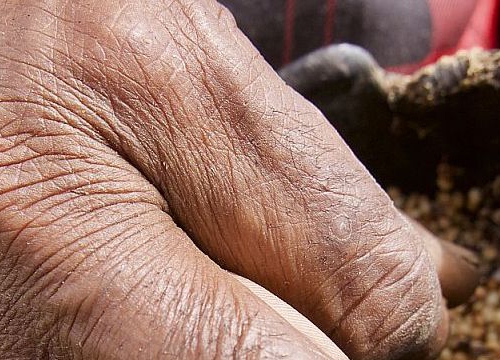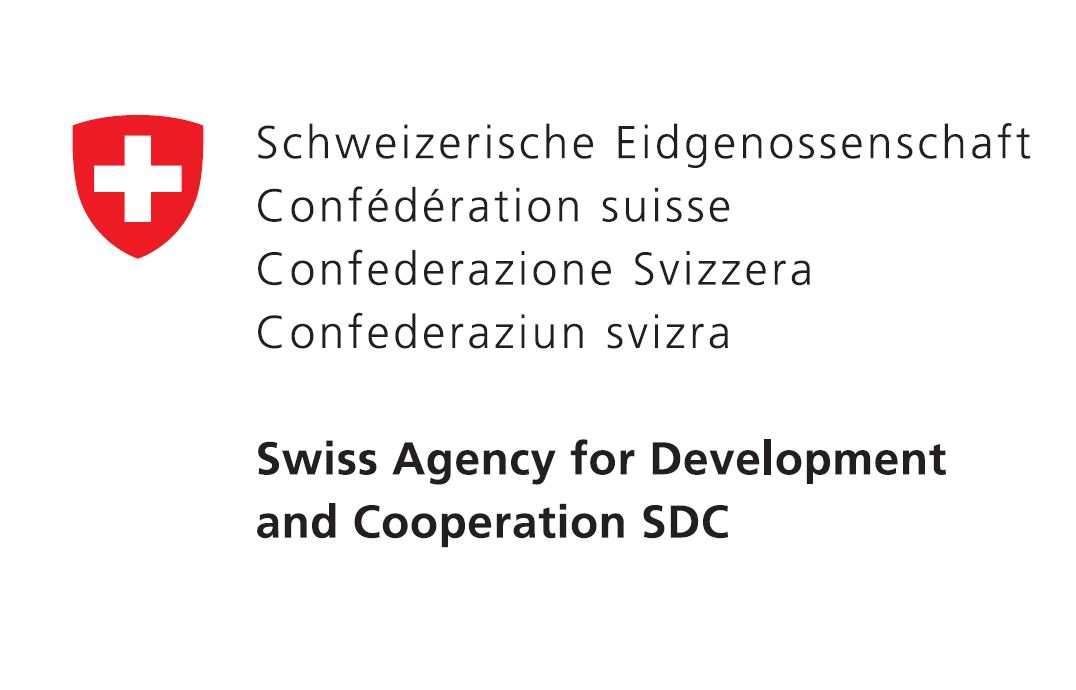THE FIGHT FOR THE RIGHT TO FOOD: WHAT HAVE WE LEARNED?
Event


ICRC

Considerable progress has been made in the promotion and protection of the right to food since 2004, when states adopted the Voluntary Guidelines on the right to food by consensus. Geneva-based institutions played a catalytic role in this progress, notably through the work of the United Nations (UN) Committee on Economic, Social and Cultural Rights and the UN Special Rapporteur on the right to food, who review the realization of this right in UN member states.
Other key actors based in Geneva include the World Health Organization (WHO) and the International Labour Organization (ILO), non-governmental organizations (NGOs) and social movements.
At this conference, panelists will share good practices and challenges faced by these actors in supporting the use of the Voluntary Guidelines at national and global levels.
Introduction
Thomas Heimgartner, Global Programme Food Security, Swiss Agency for Development and Cooperation (SDC)
Moderator
Dr Christophe Golay, Research Fellow and Strategic Adviser on Economic, Social and Cultural Rights at the Geneva Academy
Panelists
- Professor Olivier De Schutter, Member of the UN Committee on Economic, Social and Cultural Rights and former UN Special Rapporteur on the Right to Food
- Kaia Engesveen, Department of Nutrition for Health and Development, WHO
- Dr Ana Maria Suarez Franco, Geneva Representative of FIAN International
- Sue Longley, General Secretary of the International Union of Food, Agricultural, Hotel, Restaurant, Catering, Tobacco and Allied Workers' Associations (IUF)
- Dr Elvis Beytullayev, Rural Economy Specialist, ILO
Livestream
This conference will be livestreamed on the Geneva Academy YouTube Channel.
Cocktail
The conference will be followed by a cocktail offered by the Swiss Agency for Development and Cooperation (SDC).
Video
The Fight For The Right to Food: What Have We Learned?
Considerable progress has been made in the promotion and protection of the right to food since 2004, when states adopted the Voluntary Guidelines on the right to food by consensus.
At this conference, panelists shared good practices and challenges faced by these actors in supporting the use of the Voluntary Guidelines at national and global levels.









